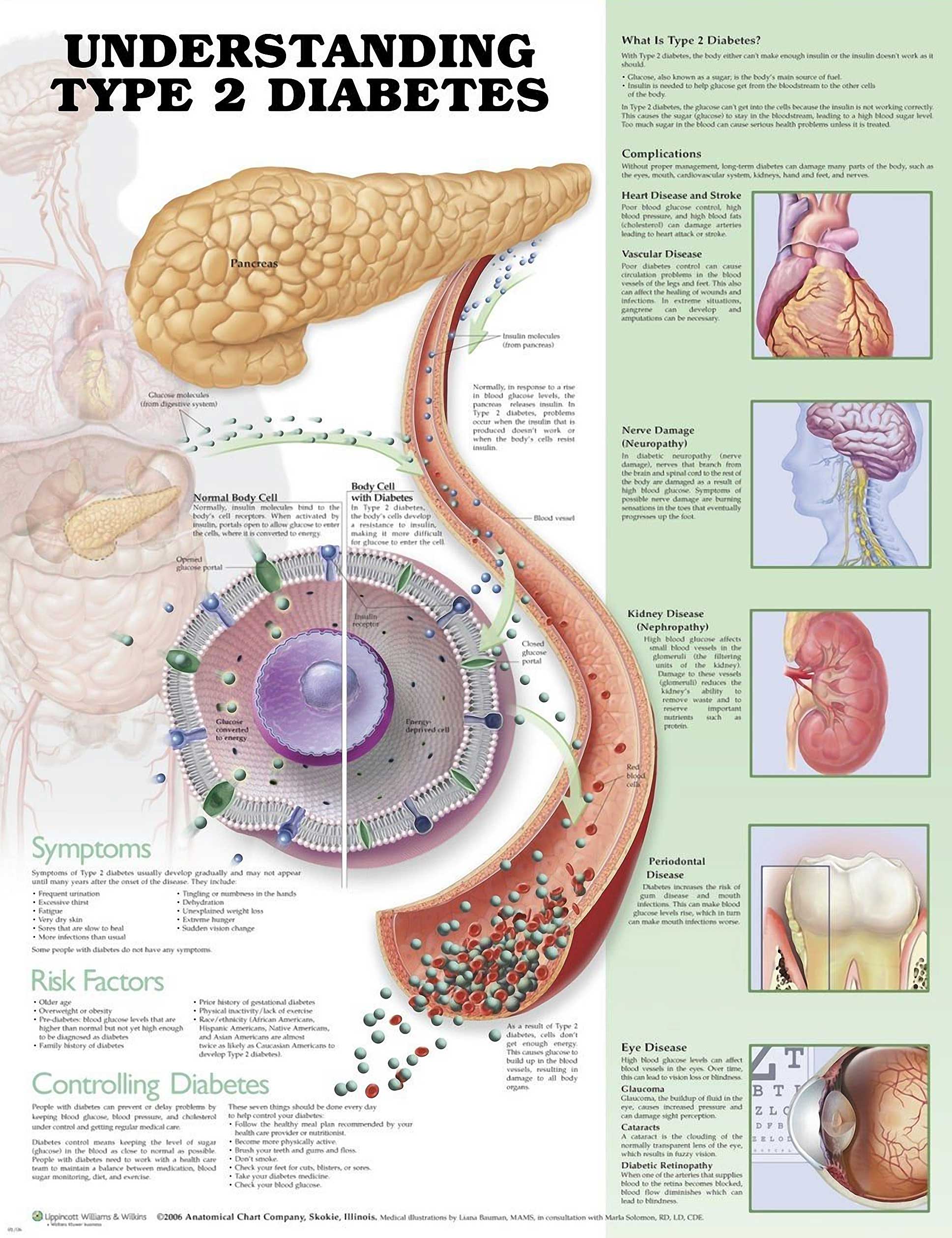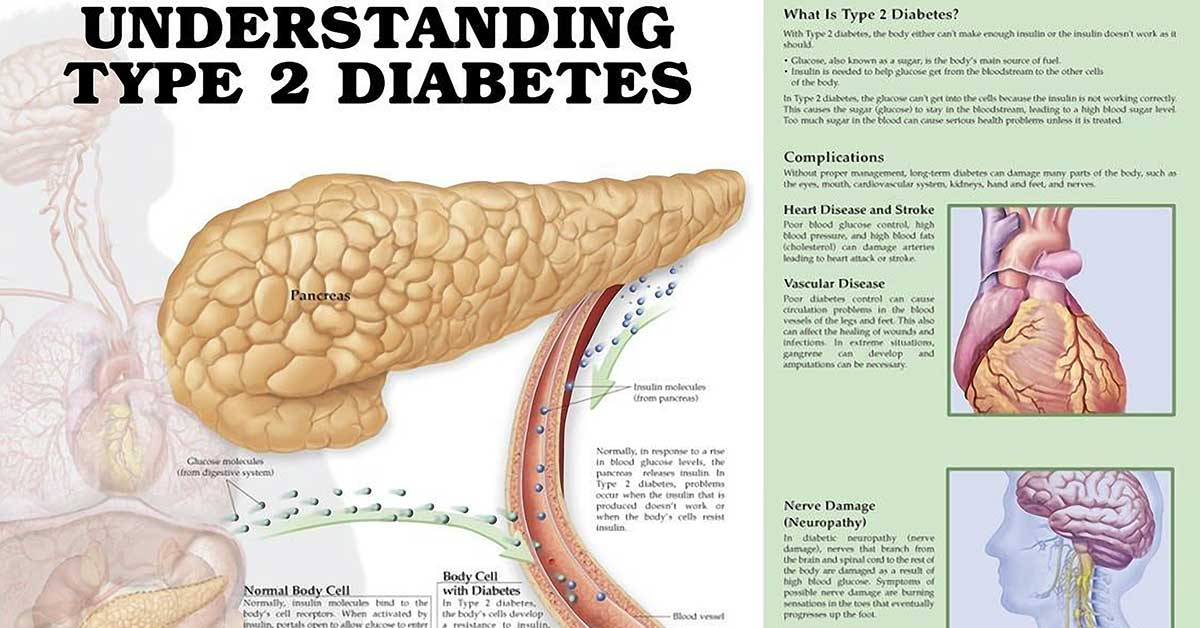Although deaths linked to heart disease have declined among the elderly, research suggests that rates of death in younger individuals have stayed either stagnant or slightly increased. Over 50 risk factors were analyzed in 28,024 women who took part in the Women’s Health Study to understand what factors are putting younger people at greater risk of premature coronary heart disease (CHD).1✅ JOURNAL REFERENCE
DOI: 10.1001/jamacardio.2020.7073
Women younger than 55 having type-2 diabetes had a ten times increase in the risk of getting CHD in the next 20 years, with lipoprotein insulin resistance (LPIR) also shown to be a strong and predictive biomarker.
We are regrettably having younger and younger individuals experiencing heart attacks. A cardiovascular event will affect the quality of life of a younger person in the years ahead, their productivity, as well as their contribution to society.
Prevention is preferable to cure, and a lot of heart disease risk factors are preventable. This study reveals the impact that lifestyle has on heart health in women of any age, and younger women especially.
About 50 biomarkers related to cardiovascular health were analyzed. Metrics commonly used such as hemoglobin A1C and LDL cholesterol were weakly associated with the onset of CHD in women younger than 55 years compared to LPIR, a newer metric for insulin resistance. LPIR makes use of a weighted combination of 6 lipoprotein measures and is analyzed using specialized laboratory testing. While LDL cholesterol was linked to just a 40% increase in CHD risk in women younger than 55, LPIR was associated with a 600% increase.
Insulin resistance, type-2 diabetes, and metabolic syndrome were significant contributing factors to premature coronary events in healthy women. Obese women younger than 55 had approximately a four times increase in risk for coronary events, with the same risk for women in that age group who were smokers or had high blood pressure.

Image Source: Amazon



